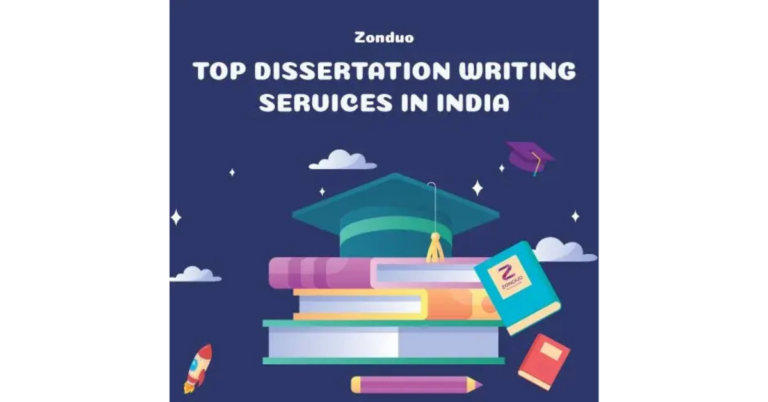Addressing Literacy Education Through Curriculum Content: Allpanel login, Mahadev online book, Cricket online id
allpanel login, mahadev online book, cricket online id: Addressing Literacy Education Through Curriculum Content
In today’s fast-paced and information-driven world, literacy education plays a crucial role in shaping the minds of our youth. With the rise of digital media and technology, it is more important than ever to ensure that our students are equipped with the skills they need to critically analyze and comprehend complex texts. One way to address literacy education is through curriculum content.
1. Importance of Literacy Education
Literacy education is not just about reading and writing; it is about empowering students to think critically, communicate effectively, and navigate a rapidly changing world. By incorporating literacy skills into all subject areas, we can help students become lifelong learners and successful members of society.
2. Integrating Literacy Across the Curriculum
One of the most effective ways to address literacy education is by integrating it across the curriculum. By incorporating reading, writing, and critical thinking skills into all subject areas, students can see the relevance of literacy in their everyday lives.
3. Using Diverse Texts
In order to address literacy education effectively, it is important to use diverse texts that reflect the experiences and backgrounds of all students. By incorporating a variety of texts, students can develop empathy, understanding, and a broader perspective on the world around them.
4. Incorporating Technology
In today’s digital age, technology can be a powerful tool for enhancing literacy education. By incorporating digital resources, multimedia texts, and online platforms, students can engage with content in new and exciting ways.
5. Providing Real-World Connections
Another important aspect of addressing literacy education through curriculum content is providing real-world connections. By using current events, primary sources, and authentic texts, students can see the relevance of literacy skills in their everyday lives.
6. Assessing Literacy Skills
In order to ensure that students are developing strong literacy skills, it is important to assess their progress regularly. By using a variety of assessment tools, including reading comprehension tests, writing samples, and portfolio assessments, educators can track students’ growth and identify areas for improvement.
FAQs
1. How can I support literacy education at home?
You can support literacy education at home by reading with your child, providing access to a variety of books and texts, and encouraging them to write and communicate effectively.
2. What are some strategies for addressing literacy education in the classroom?
Some strategies for addressing literacy education in the classroom include integrating literacy across the curriculum, using diverse texts, incorporating technology, providing real-world connections, and assessing literacy skills regularly.
In conclusion, addressing literacy education through curriculum content is essential for preparing students to succeed in today’s world. By integrating literacy skills into all subject areas, using diverse texts, incorporating technology, providing real-world connections, and assessing students’ progress, educators can help students develop the critical thinking and communication skills they need to thrive.







